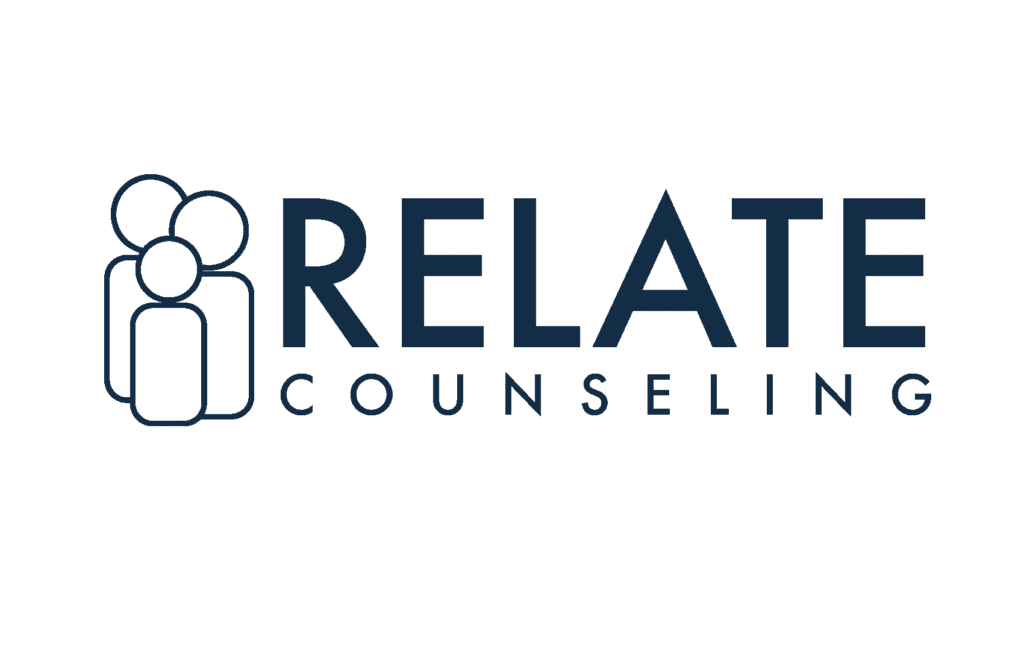Divorce represents a significant turning point in all family members’ lives. Its impact is profound and multifaceted, affecting everyone’s life’s emotional, financial, and social aspects. It is important to understand the effects of divorce on family to foster resilience and promote healing.
What Are the Effects of Divorce on Family?
Emotional Impact on Children and Adolescents
Children often bear the brunt of divorce, with effects varying significantly based on their age, temperament, and the circumstances surrounding the divorce.
According to the American Academy of Child & Adolescent Psychiatry, children may experience a range of emotions, including sadness, anger, confusion, and anxiety. These feelings may lead to changes in behavior, academic struggles, and challenges in forming or maintaining relationships. On the other hand, adolescents might respond by taking on more adult responsibilities or engaging in risky behaviors as a form of coping or rebellion.
The Child Mind Institute highlights that supportive parenting, open communication, and seeking professional help when necessary are key steps in mitigating these negative impacts.
Psychological Effects on Adults
The end of a marriage also triggers a cascade of psychological responses in adults. Feelings of failure, guilt, relief, or liberation can coexist, making the emotional landscape post-divorce particularly complex.
The American Psychological Association notes that divorce is ranked as the second most stressful life event after the death of a spouse, underscoring the profound emotional turmoil it can cause.
The psychological journey through divorce may lead to depression, anxiety, or increased stress. However, with appropriate support, many find new paths to personal growth and happiness.
Engaging in therapy, rebuilding social networks, and focusing on self-care are pivotal strategies in managing these challenges.
Financial Implications
Divorce often entails a significant financial adjustment for all parties involved. The process itself can be costly, and the economic realities of maintaining separate households can strain budgets.
According to a study published in the Journal of Financial Planning, divorced individuals may need more than a 30% increase in their income to maintain the same standard of living they had before their divorce. Women, especially those who were stay-at-home mothers or who earned significantly less than their partners, may face particularly steep financial challenges post-divorce.
This economic impact extends beyond the immediate family, potentially affecting the quality of children’s education, healthcare, and overall well-being.
Social and Community Effects
Divorce reshapes the social fabric of all family members’ lives. It’s not uncommon for friendships to shift, as mutual friends may feel compelled to take sides or may drift away due to changes in social dynamics.
The sense of community that couples once enjoyed through their partnership may weaken, leading to feelings of isolation or exclusion. Moreover, family ties can become strained, especially if family members harbor differing views about the divorce or custody arrangements that complicate family gatherings and holidays.
Despite these challenges, many find that divorce offers an opportunity to forge stronger bonds with family members who provide support and understanding during this transition.
Does Divorce Have Any Positive Effects?
Divorce, typically framed as a difficult end to marital unity, can open the door to many positive outcomes for families. Although the initial phase is often steeped in emotions and challenges, the aftermath can lead to personal growth, improved family dynamics, and a healthier, more vibrant life for all involved.
Breaking the Cycle of Conflict
One of the immediate benefits of divorce, especially in high-conflict relationships, is the cessation of daily tensions and arguments. Living in a home free from constant strife can lead to significant emotional relief and better mental health for children.
The American Psychological Association points out that children from high-conflict homes often fare better post-divorce as they escape the ongoing hostilities that may pervade their environment.
Healthier Role Models
Post-divorce, children can witness their parents embarking on paths towards self-improvement and happiness. This can set a powerful example, teaching them that everyone has the right to seek a life that brings them contentment and fulfillment.
As parents find their footing independently, they can inadvertently become stronger and healthier role models for their children.
Enhanced Parenting Quality
Divorce can often lead to an improvement in the quality of parenting. Freed from the stresses of an unhappy marriage, parents might become more attentive, patient, and responsive to their children’s needs.
With the possibility of a more flexible schedule, some parents find that they can engage with their children more meaningfully than previous situations may have allowed.
Improved Health and Stress Levels
Although the stress of divorce proceedings cannot be understated, many individuals find that their overall stress levels decrease significantly once the process is complete. Living in a less contentious environment can improve physical and mental health.
The Journal of Men’s Health & Gender suggests that reduced marital stress post-divorce can lead to a decrease in certain health risks associated with chronic stress.
Coping and Resilience Building
The journey through divorce is intensely personal, yet there are universal strategies that can foster resilience and promote healing. The American Association for Marriage and Family Therapy emphasizes the importance of acknowledging emotional pain, reaching out for support, and prioritizing self-care and the well-being of children.
Establishing new routines and traditions can also create a sense of stability and normalcy. Support groups and counseling can offer valuable space for expressing feelings and gaining insights from others who have faced similar challenges.
Building a healthy co-parenting relationship is crucial for children’s well-being, providing them security and stability amidst the changes.
When to Seek Help?
Marriage counseling may seem an unlikely tool for those contemplating divorce, but surprisingly, it can serve not as a deterrent but as a compassionate guide through the process.
It often presents a safe, neutral space for couples to air their feelings, fears, and concerns, enabling both parties to feel heard and understood. Undergoing counseling during a divorce does not necessarily mean wrestling the relationship back from the brink but instead managing the separation in a healthy, respectful manner.
Skilled therapists can facilitate open, honest communication, guiding couples to recognize the reasons behind the dissolution of their marriage. This understanding can foster a sense of closure, promoting healthier responses to the divorce.
Counseling can also assist in forming amicable strategies for co-parenting, managing finances, and dealing with shared friends or family. Reducing anger and promoting cooperation can make divorce less traumatic for the entire family.
The underlying tenet here is that divorce, while painful, need not be destructive. With the guidance of marriage counseling, couples can transform an ending into a step toward healing, growing, and establishing new and healthier relational dynamics.
Conclusion
The effects of divorce on family are profound and lasting, touching every aspect of emotional, financial, and social life. However, with understanding, support, and time, individuals and families can handle this challenging period and emerge stronger.
Recognizing the need for professional help, building a support network, and focusing on effective communication are essential steps in the healing process.
As society continues to evolve in its understanding and support for families undergoing divorce, it is hopeful that the negative impacts can be mitigated, leading to positive outcomes for both adults and children involved.
In embracing change, finding new strengths, and forging new connections, there is the potential for new beginnings and opportunities for growth and happiness. Undergoing the effects of divorce on your family can feel overwhelming, but you don’t have to do it alone.
Relate Counseling offers a compassionate environment and a range of services to support families and individuals during this challenging time.
Whether it’s marriage counseling that brings clarity, family counseling to help everyone adjust, or individual therapy to manage personal growth, our team is here to help. Explore our services, and don’t hesitate to reach out to us if you have any questions.
We’re committed to helping you find healing and create meaningful connections, no matter where you are in your journey.




